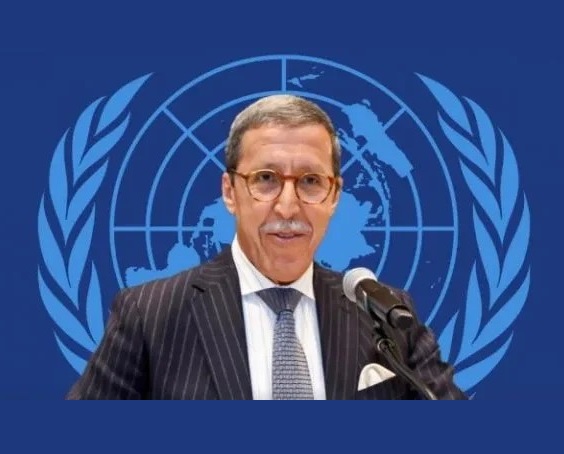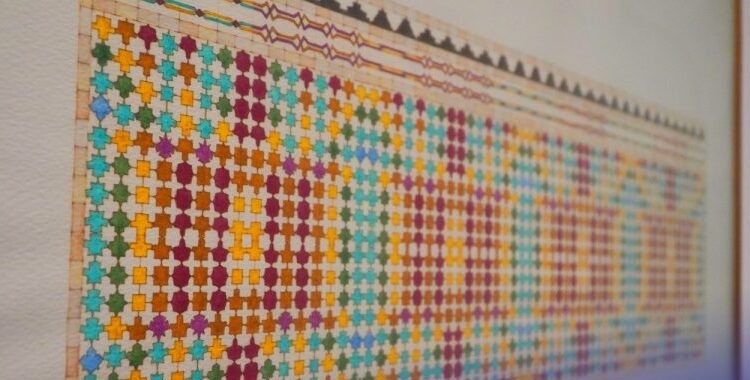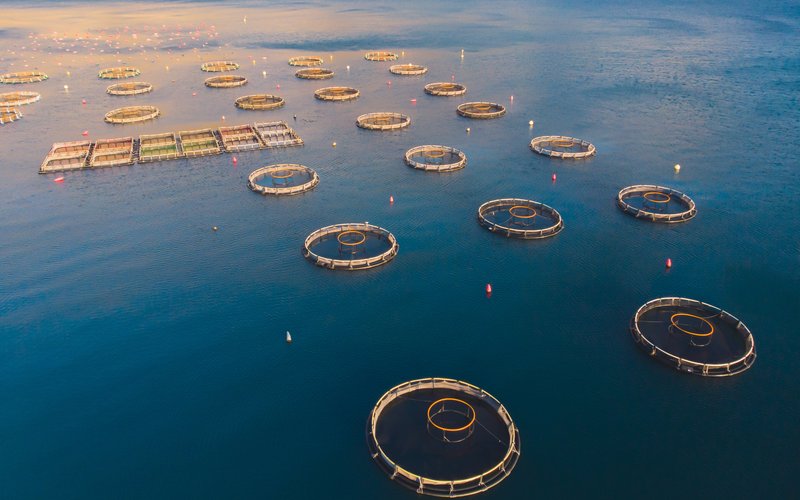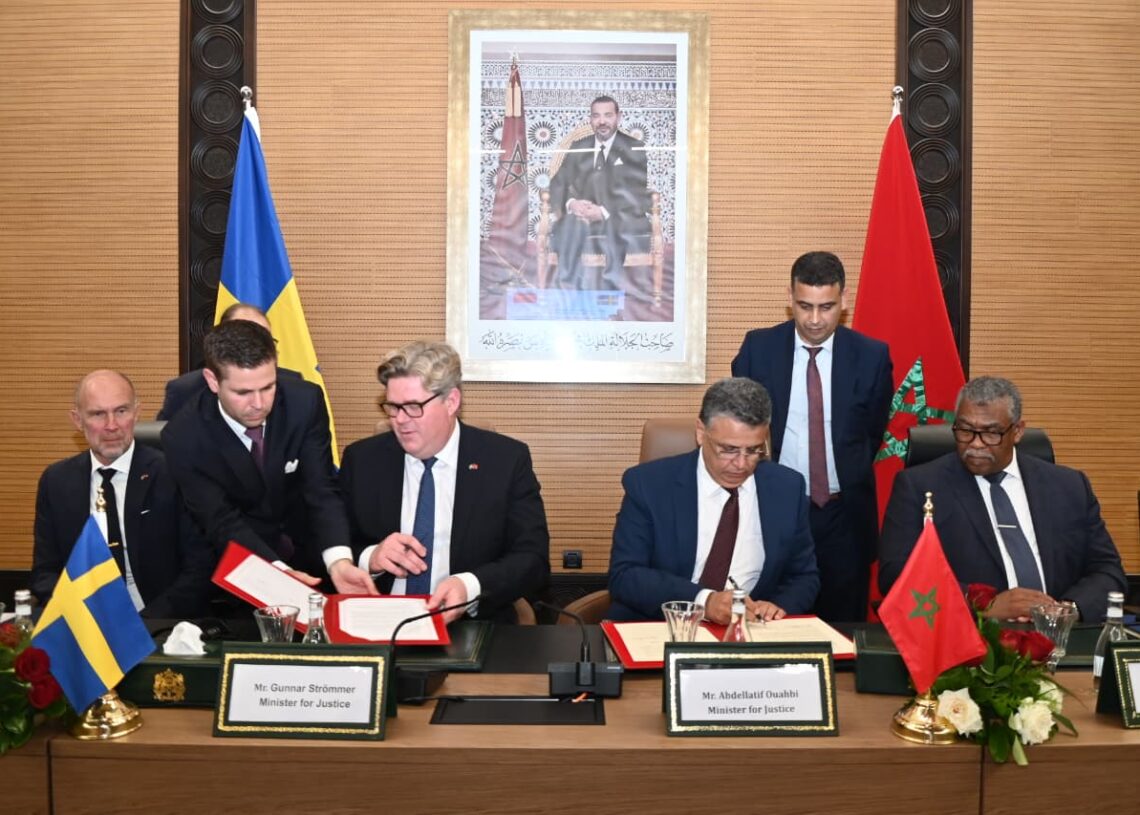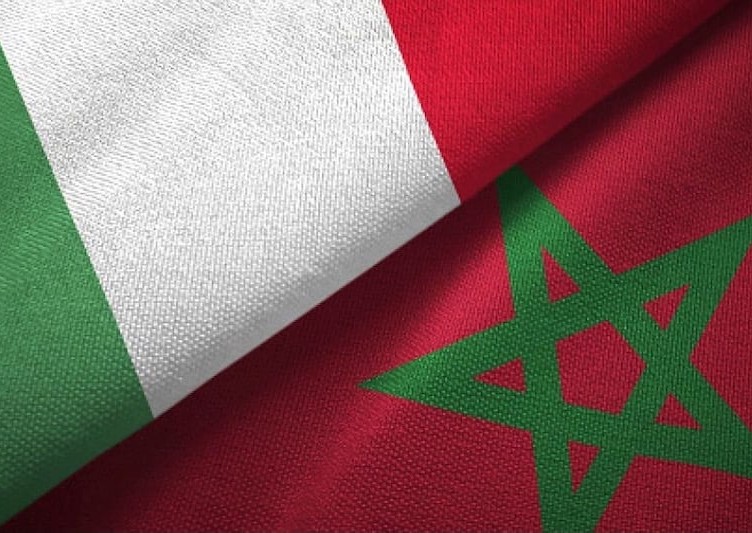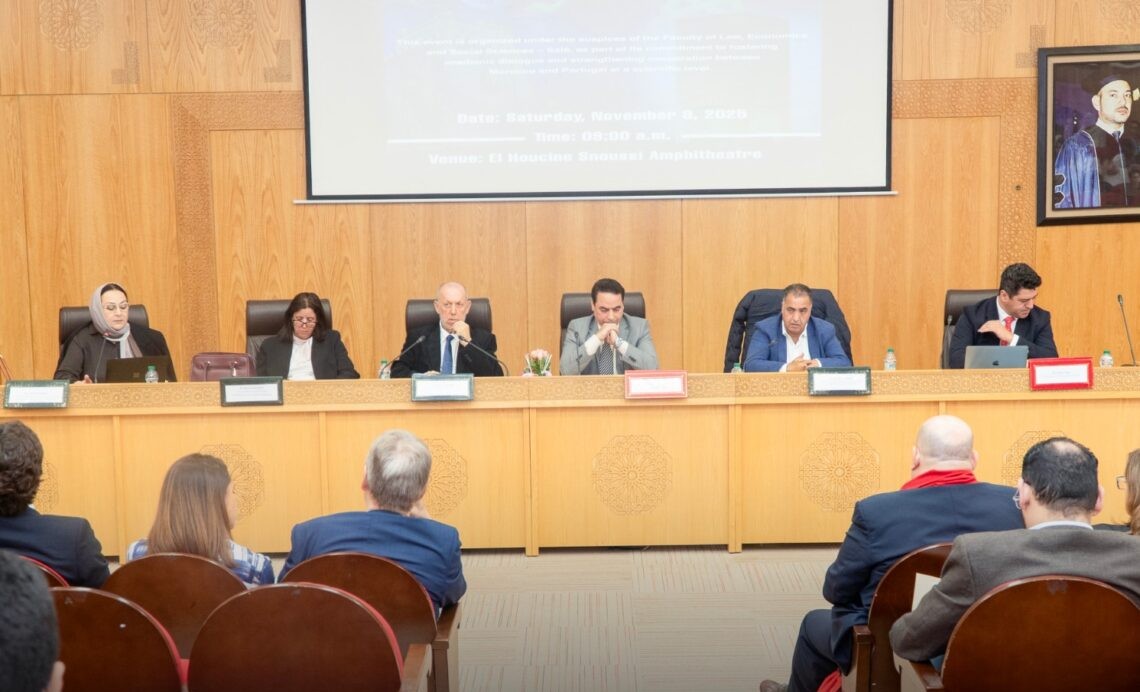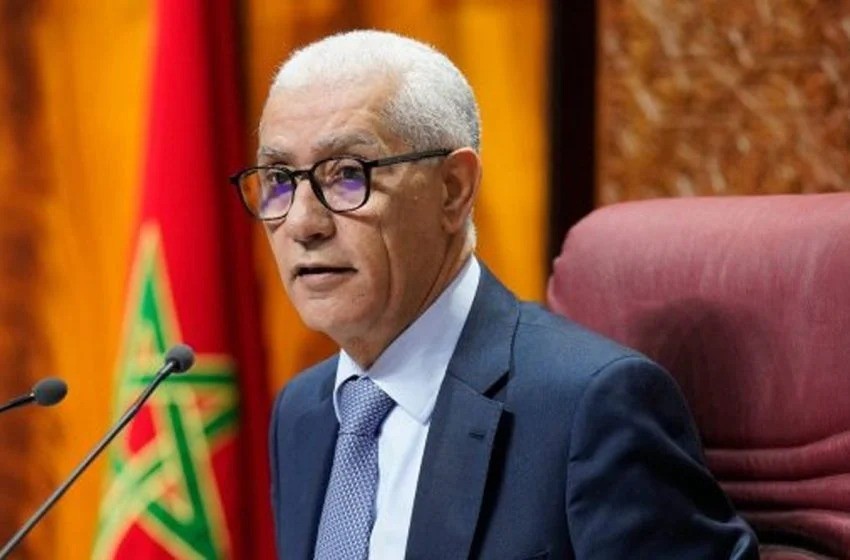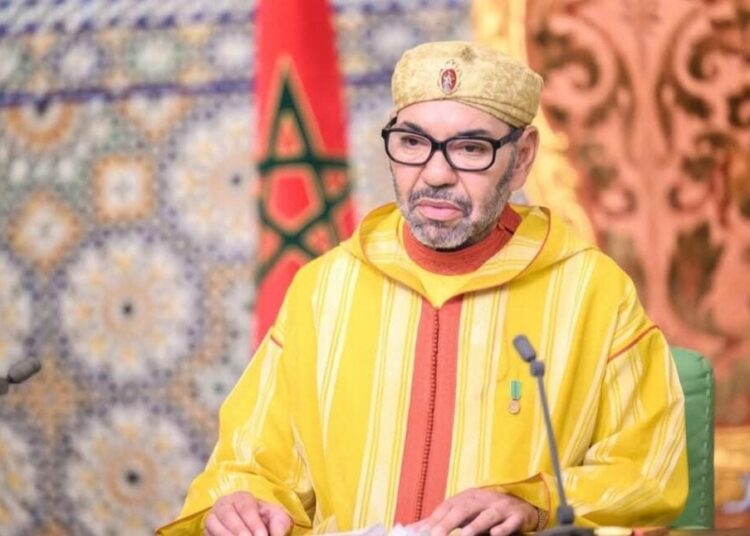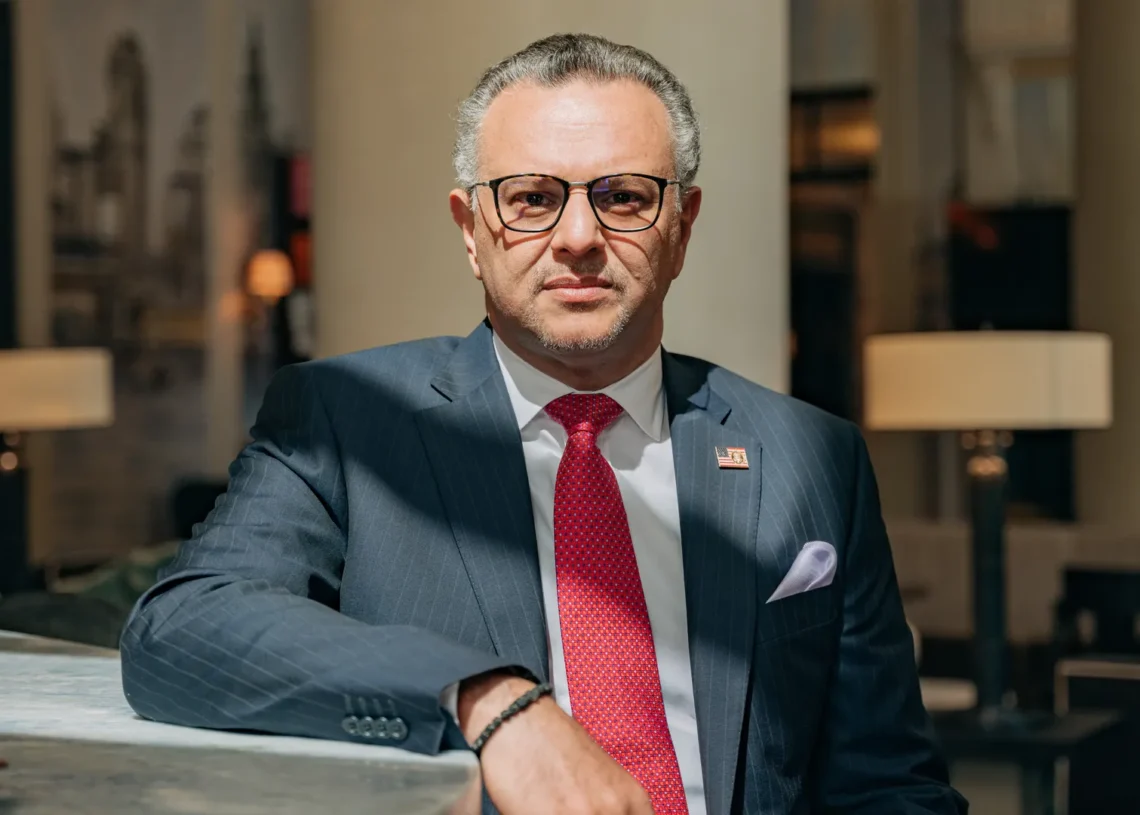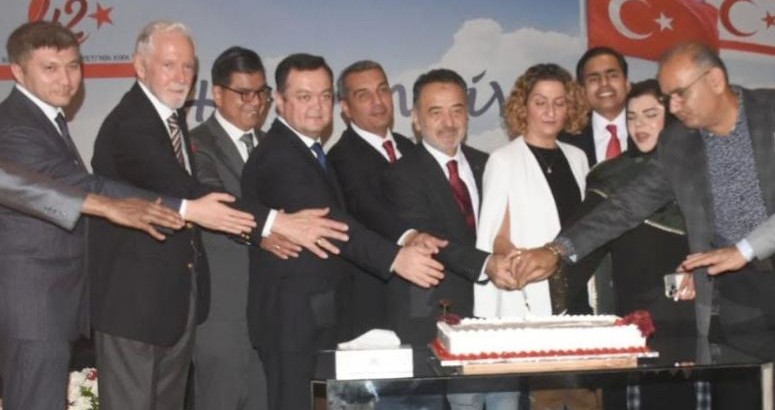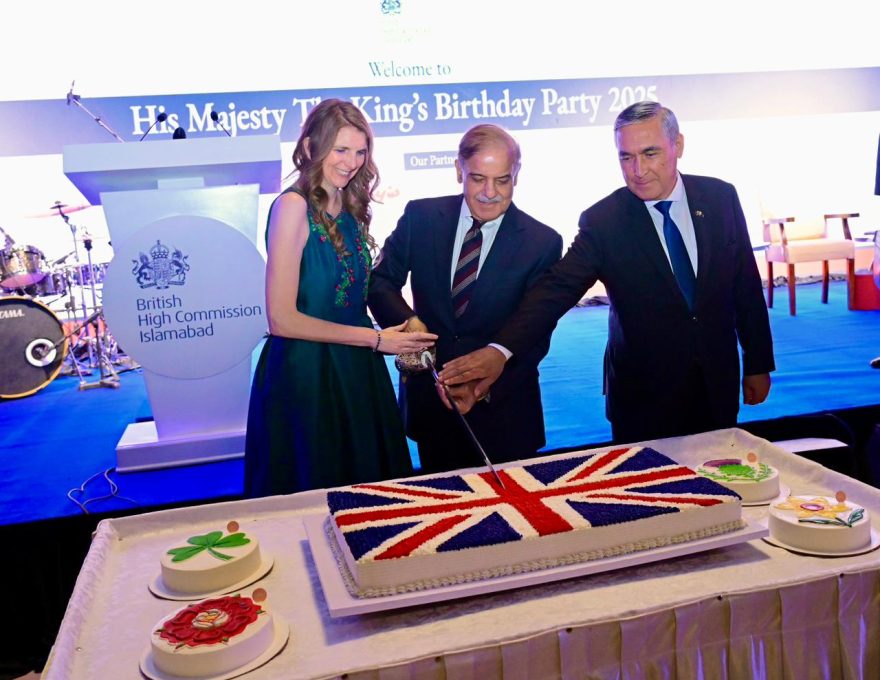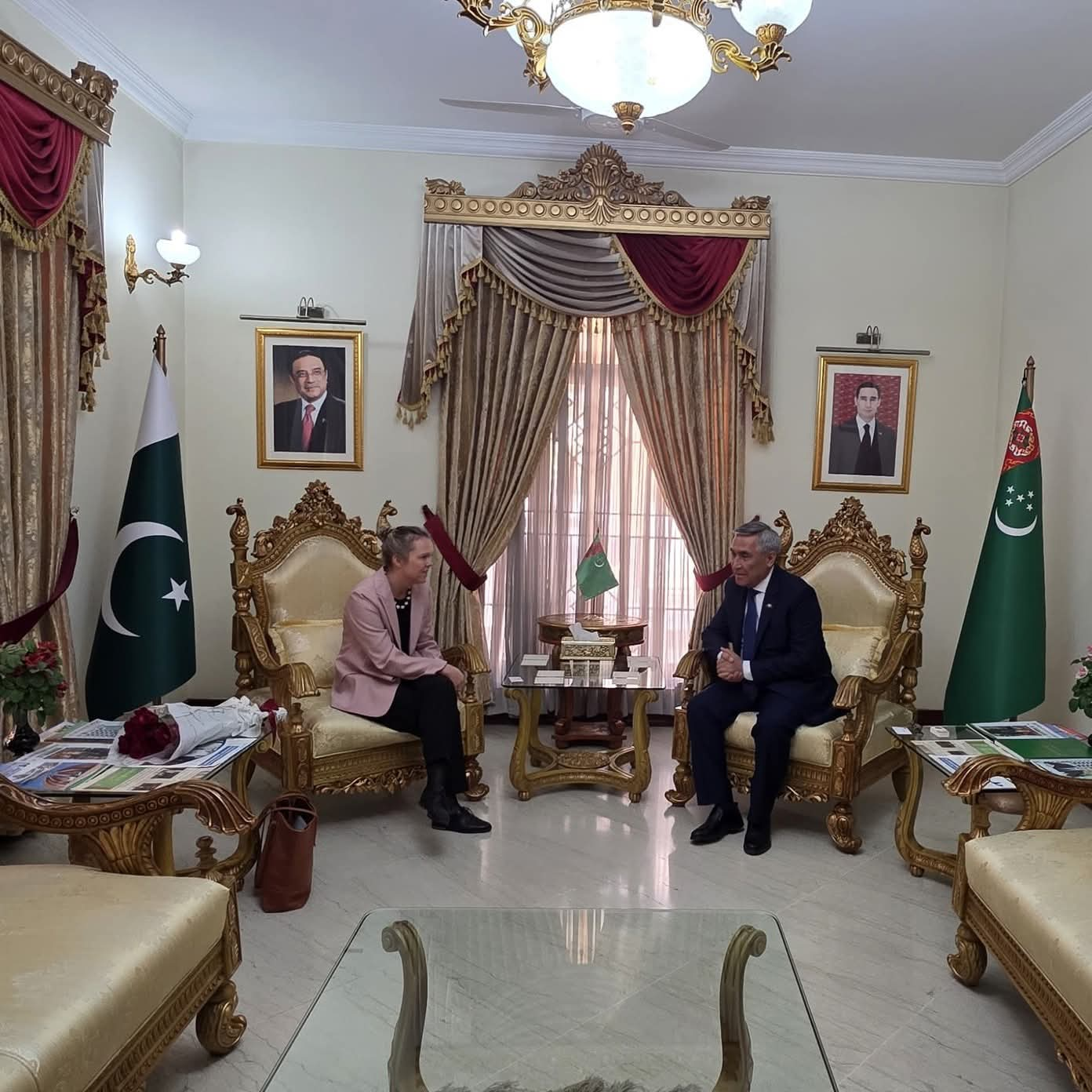Rabat, November 18, 2025 – The Europe Today: Morocco’s Permanent Representative to the United Nations, Omar Hilale, has emphasized that UN Security Council Resolution 2797 represents a decisive diplomatic achievement for Morocco, firmly consolidating the Autonomy Initiative as the only realistic and credible framework to resolve the Western Sahara dispute.
Speaking during an interview on the BBC program Bila Quyud (Without Restrictions), Hilale underscored that the resolution reinforces negotiations without preconditions, describing it as a major step in validating Morocco’s approach to a political settlement.
“Resolution 2797 is certainly a diplomatic victory for Morocco by all standards. It enriches autonomy as the basis for resolving the Sahara issue within the framework of Morocco’s sovereignty and territorial integrity,” Hilale said.
Responding to Misinterpretations of Self-Determination
Throughout the interview, the host repeatedly questioned whether the resolution left the door open for “self-determination,” attempting to position the concept on equal footing with the Autonomy Plan. Hilale firmly dismissed these claims, stressing that UN principles extend beyond self-determination, and include territorial integrity, sovereign equality, respect for borders, good neighborliness, and negotiated political solutions.
Asked whether references to both Moroccan sovereignty and self-determination created contradictions, Hilale explained that the UN Charter must be read in full:
- “Of course, self-determination is there — it is mentioned in the first principle of the UN Charter,” he said.
- “But the second article includes territorial integrity, good-neighborliness, and resolving disputes through dialogue.”
Hilale emphasized that Resolution 2797 specifically describes Morocco’s Autonomy Initiative as the sole practical and serious basis for a political settlement — wording not applied to any other proposal.
International Support and the End of the Referendum Option
The ambassador noted that nearly 120 countries now support the Moroccan Autonomy Plan, confirming its centrality in the international community’s approach to the dispute.
He reiterated that the resolution contains no reference to a referendum, a concept abandoned by the UN more than two decades ago. “The UN set it aside and now speaks only of a political solution — one that is realistic, mutually acceptable, and feasible,” he said.
Security Council Vote and Algeria’s Position
The vote on October 31 marked a significant moment for Morocco, with 11 member states voting in favor of Resolution 2797 and only three abstentions. Algeria did not participate in the vote, continuing its policy of distancing itself from the process despite its central role in the dispute.
Hilale argued that Algeria’s stance hampers the UN-led political process, noting that the country hosts, finances, arms, and supports the Polisario Front, yet still claims to be merely an observer. The new resolution, however, explicitly defines Algeria as a full party to the conflict, leaving no room for ambiguity.
Morocco Reaffirms Spirit of Goodwill and Regional Cooperation
Despite existing tensions, Hilale reaffirmed Morocco’s desire to extend an “olive branch” to Algeria with the aim of establishing good-neighborly relations and helping unlock the developmental potential of the Arab Maghreb, which has been hindered by the dispute for half a century.
He stressed that the Autonomy Initiative is a demonstration of Morocco’s goodwill and a strong stance against separatist agendas.
The interview highlighted Morocco’s confidence following the adoption of Resolution 2797, marking a new phase in international recognition of the Autonomy Plan as the most credible path toward a lasting, negotiated solution under Morocco’s sovereignty and territorial integrity.
